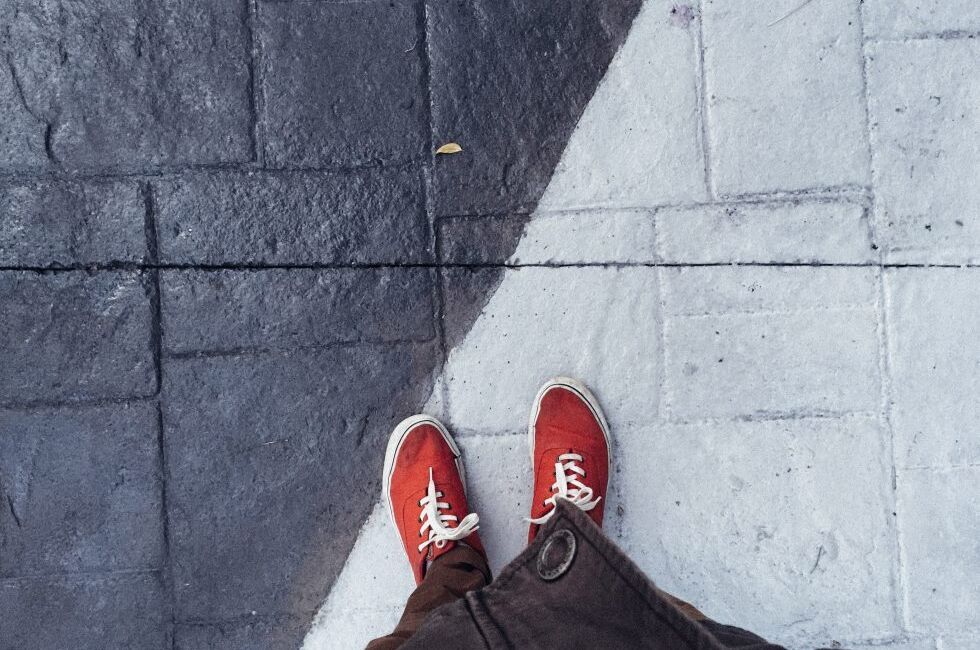The most pressing issues we face as a society deserve more than confidently going to battle with our limited knowledge and cognitive biases fully engaged.
It’s ok to not choose sides

As someone who consumes a lot of news, it’s easy to feel the pressure to have an opinion about everything. And I suspect I’m not the only one who feels this way.
Often this occurs because the stakes are high, there is an opportunity for real change, and with or without my take, something is going to happen. Because everyone else is weighing in, it feels like others expect me to as well. In order to do that, I’ve got to know what I think the problem is, have a defensible solution, and do my part to advocate for it. But is that always the case? Is it ever safe, or better, to say, “I don’t know?”
Because of the internet and social media, I suddenly have access to the problems of the entire planet, and not just those in my own back yard. Yet, the universe of what I know and understand seems smaller than ever. In a digital world that demands I pick a side; my instincts tell me that seems unwise.
Bonny Brooks in Arc Digital describes the danger this way:
Constant scrolling and opinion overdose make us ripe for cognitive shortcuts. We have all come to use a series of reasoning back alleys for deciding what or who to listen to, because we’re overburdened with data. Spurious thought association ensues. To take a crude British example: some people decided that because the racists voted for Brexit, all the Brexiters were therefore racists. That’s a stupid and false conclusion to draw — many black and minority ethnic people voted for Brexit, after all — but we are all practicing this kind of logic in microcosm constantly. Confronted with a newsfeed, we are overburdened editors, looking for red flags in pitches.
There are times when justice demands action, when using our voices and our influence to make a difference is imperative. However, some things are too important for a quick take. The most pressing issues we face as a society deserve more than confidently going to battle with our limited knowledge and cognitive biases fully engaged. And often the braver and healthier response to an onslaught of ideas is to say “I don’t know.” Then we can ask more questions, and be comfortable sitting with the complexity, instead of responding according to our worst instincts and adding to the noise.